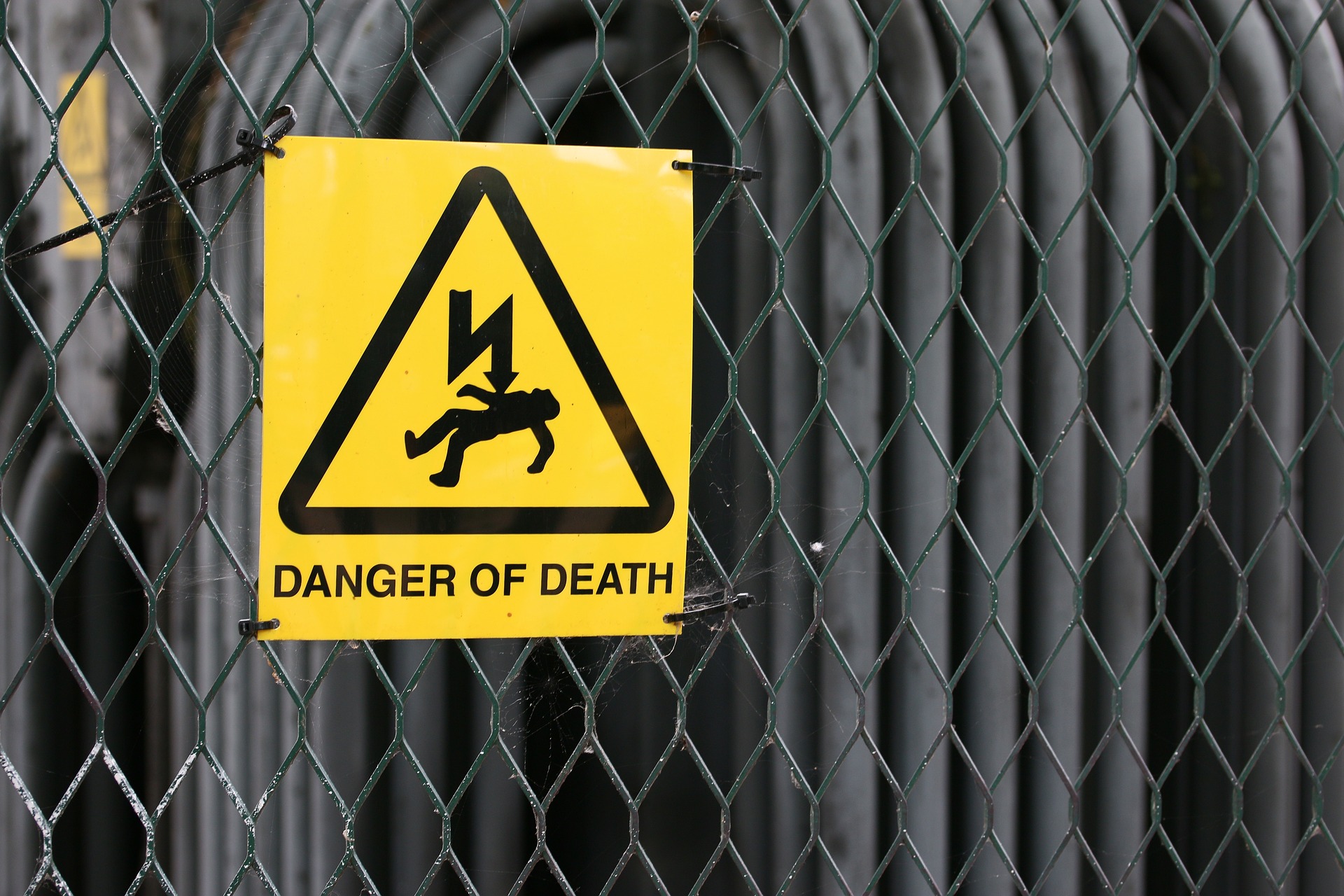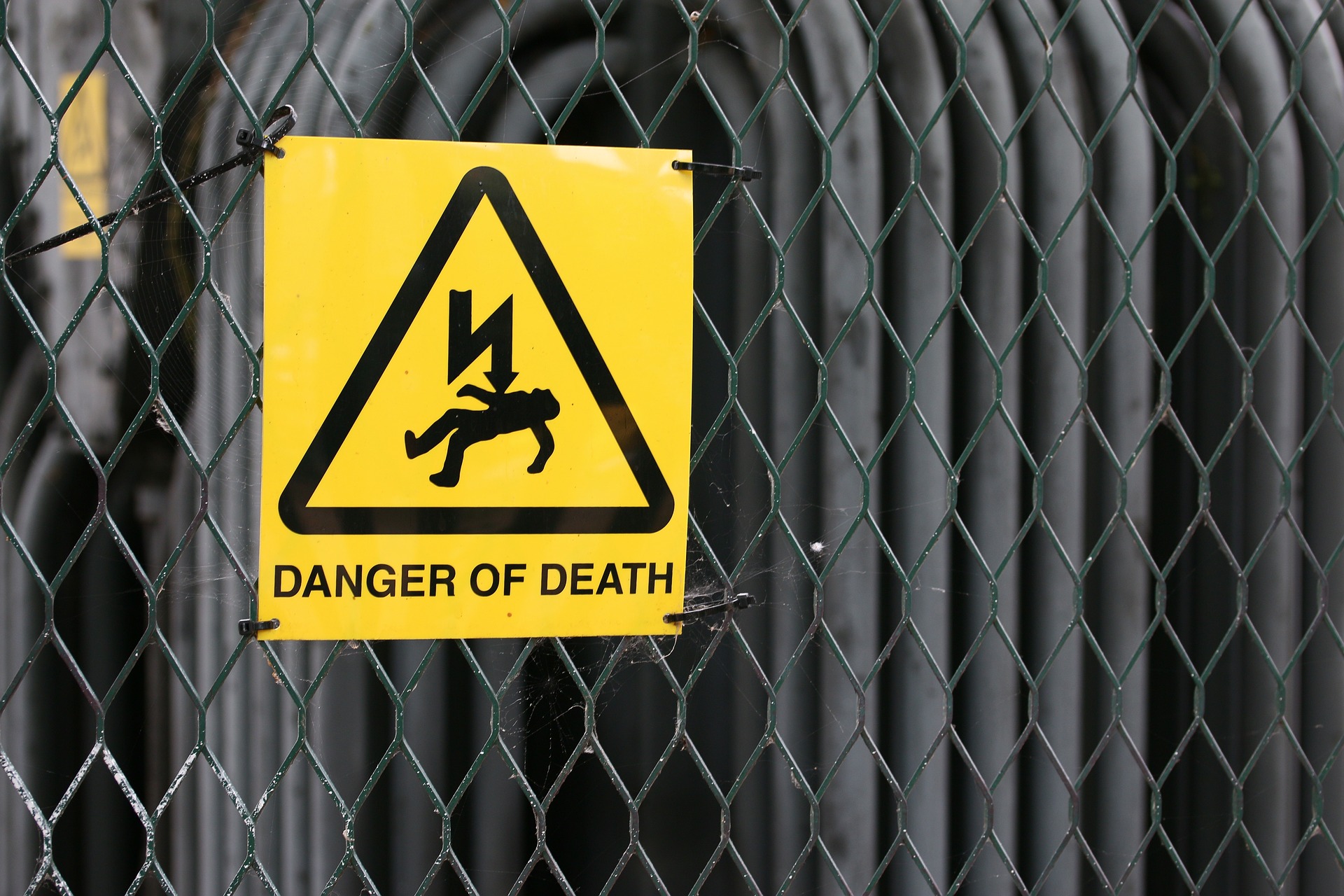Almost every time I mention how Cipro messed me up, I get the response, “Oh yeah, I’ve taken that – it doesn’t affect me.” To which I respond, “I took it several times before I reacted to it too. My body went completely hay-wire the second time I took Cipro. Don’t take it again.”
Adverse reactions to fluoroquinolones aren’t allergic reactions, they’re something else. The pathology of adverse reactions to fluoroquinolones is unknown – to anyone (or, if someone knows, they’re not publishing research papers about it). My guesses to the pathology can be found at https://floxiehope.com/2013/06/20/what-is-fluoroquinolone-toxicity/.
Unlike allergic reactions, adverse reactions to fluoroquinolones often occur long after the fluoroquinolone use has stopped. Antihistamines do nothing to stop an adverse reaction to a fluoroquinolone (though they may be able to help with some of the inflammation symptoms and they don’t seem to hurt most Floxies).
Though some people react to their first dose of a fluoroquinolone, many don’t, which leads them to falsely believe that these drugs are safe and that they won’t react to them in the future. Unfortunately, an adverse reaction to a fluoroquinolone can occur even if (maybe especially if – because there is (anecdotal) evidence that fluoroquinolones accumulate in the body and that there is a “tipping point” at which the body overloads) they have been taken with no adverse reaction in the past.
Looking back, I had some of these warning signs after I took Cipro the first time, in 2010. My eyelid twitched and I developed strange, but passing, abdominal cramping. I experienced a “weak bladder” that I attributed to genetics and age. I had itchy legs at times and just thought it was dry skin. I didn’t connect any of these things to the prescription antibiotics that I took to treat a urinary tract infection.
If I had connected those symptoms to the fluoroquinolones, I may have been able to avoid taking Cipro again, and I may have avoided the pain and suffering that I went through starting in December, 2011. (https://floxiehope.com/lisas-story/). I hope that this list of minor symptoms serves as a warning to you. Please don’t take any fluoroquinolone antibiotics no matter what, but especially if you are experiencing any of the following, heed your body’s warnings and stay away from these drugs!
What FQ can do (HINTS AND CLUES THAT MIGHT SAVE YOUR LIFE)
Perhaps you have taken quinolones in the past and you think that they worked well and that you did not react negatively to them. Check the following subtle symptoms of the beginning stages of a quinolone intoxication from an earlier treatment and the normal interpretations that people make of them.
* You had a strange bout of tendinitis, for instance in the outer tip of the hip, normally diagnosed as trochanteric bursitis caused by tight belts or resting on you side at night. The same applies to other areas of the body, like the elbow (epicondylitis) diagnosed as an overuse of your tennis racquet or gardening practices, but you remember that you had never had it before.
* It takes you longer to recover after exercise. It is not alarming and you have not paid much attention to it.
* You sleep worse than before; it seems normal as you have a lot of pressure at work.
* From time to time you have some small throbbing pains in different parts of the body. They last only for a few seconds, so there is nothing to worry about it.
* It is strange- but you have occasional twitching in an eyelid, or any other part of the body. It is not painful.
* Some nights you feel some mild itching migrating along your body. One brief itch here, and another there. It is more intense in the scrotum or groin. Instead of identifying it as a peripheral neuropathy, you conclude that your clothes, your perspiration or the new brand of soap that is more irritating must be causing it.
* You feel some stiffness, and your range of movement is not as full as before, especially in one or both legs, but it is normal because you are getting older.
* You do not tolerate coffee as well as before. Now you have to reduce the amount of coffee that you used to drink.
* Your memory is not as good as it used to be. The cause may be too many things to think about and too much stress. And you are no longer a young person.
* There is an urge to urinate when the bladder is partially full. When you feel the need to urinate you have to rush for the toilet. Most urologists think that it is due to a dysfunction associated with a benign enlarged prostate but in reality it is a neurological deficit caused by the prescriptions of quinolones that they gave you.
* You cannot flex fully, or strongly, your big toe (one or both), or sustain the flexion for more than a few seconds. This is an indication that your large nerves (anterior tibialis) have started to fail due to the toxicity. This sign is a strong warning that your body will not tolerate more quinolones.
* Sometimes, you have nightmares while falling asleep that scare you. How strange you think. They are toxic panic attacks that reflect toxic damage to your brain.
If you have experienced some of these symptoms since you took your first quinolone, perhaps you have reached your first threshold of tolerance, that -once surpassed- can result in the destruction of your life soon thereafter if you take more quinolones.












… [Trackback]
[…] There you can find 37785 additional Info on that Topic: floxiehope.com/warning-signs-of-fluoroquinolone-toxicity/ […]
… [Trackback]
[…] Read More to that Topic: floxiehope.com/warning-signs-of-fluoroquinolone-toxicity/ […]
… [Trackback]
[…] Find More here on that Topic: floxiehope.com/warning-signs-of-fluoroquinolone-toxicity/ […]